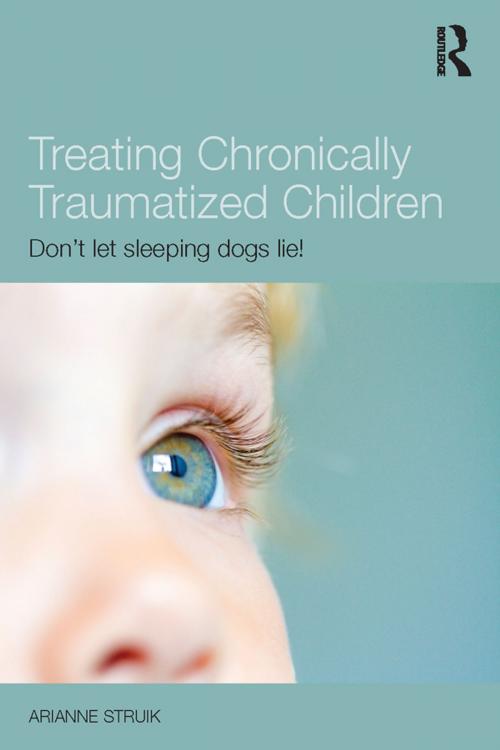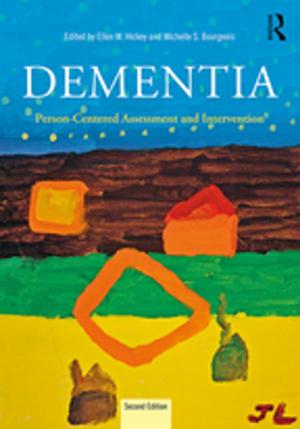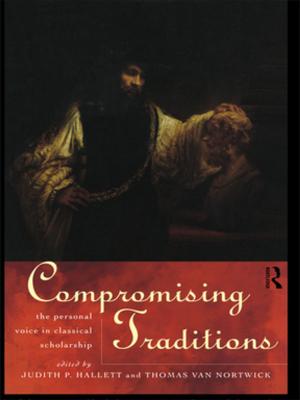Treating Chronically Traumatized Children
Don't let sleeping dogs lie!
Nonfiction, Health & Well Being, Psychology, Child & Adolescent, Child Psychology, Mental Illness| Author: | Arianne Struik | ISBN: | 9781317743927 |
| Publisher: | Taylor and Francis | Publication: | April 16, 2014 |
| Imprint: | Routledge | Language: | English |
| Author: | Arianne Struik |
| ISBN: | 9781317743927 |
| Publisher: | Taylor and Francis |
| Publication: | April 16, 2014 |
| Imprint: | Routledge |
| Language: | English |
Professionals working with traumatized children are often asked whether it would be better to ‘let sleeping dogs lie’, because the child may not be ready to discuss their experiences, and out of fear that they may become further distressed or disturbed. In Treating Chronically Traumatized Children, Arianne Struik presents the case for waking those ‘sleeping dogs’ in a safe and structured environment, in order to allow the healing process to begin and prevent trauma later in life.
Struik has developed a method for those cases labelled most difficult to treat, involving deregulated, traumatized children who refuse to talk about their memories, or claim to have ‘forgotten’ them completely. It incorporates factors in the child’s environment and network to ensure that they are safe and secure before beginning the process, and stable throughout treatment. Downloadable worksheets enhance the book’s content and make each section straightforward to work through, supporting the child through the stabilization, processing and integration phases of treatment.
Illustrated throughout by case studies and comprehensive explanation of the theory and the treatment method, Treating Chronically Traumatized Children is clear and accessible and is ideal for psychologists, psychiatrists, psychotherapists and counsellors, as well as parents and anyone working with chronically traumatized children and adolescents.
Professionals working with traumatized children are often asked whether it would be better to ‘let sleeping dogs lie’, because the child may not be ready to discuss their experiences, and out of fear that they may become further distressed or disturbed. In Treating Chronically Traumatized Children, Arianne Struik presents the case for waking those ‘sleeping dogs’ in a safe and structured environment, in order to allow the healing process to begin and prevent trauma later in life.
Struik has developed a method for those cases labelled most difficult to treat, involving deregulated, traumatized children who refuse to talk about their memories, or claim to have ‘forgotten’ them completely. It incorporates factors in the child’s environment and network to ensure that they are safe and secure before beginning the process, and stable throughout treatment. Downloadable worksheets enhance the book’s content and make each section straightforward to work through, supporting the child through the stabilization, processing and integration phases of treatment.
Illustrated throughout by case studies and comprehensive explanation of the theory and the treatment method, Treating Chronically Traumatized Children is clear and accessible and is ideal for psychologists, psychiatrists, psychotherapists and counsellors, as well as parents and anyone working with chronically traumatized children and adolescents.















